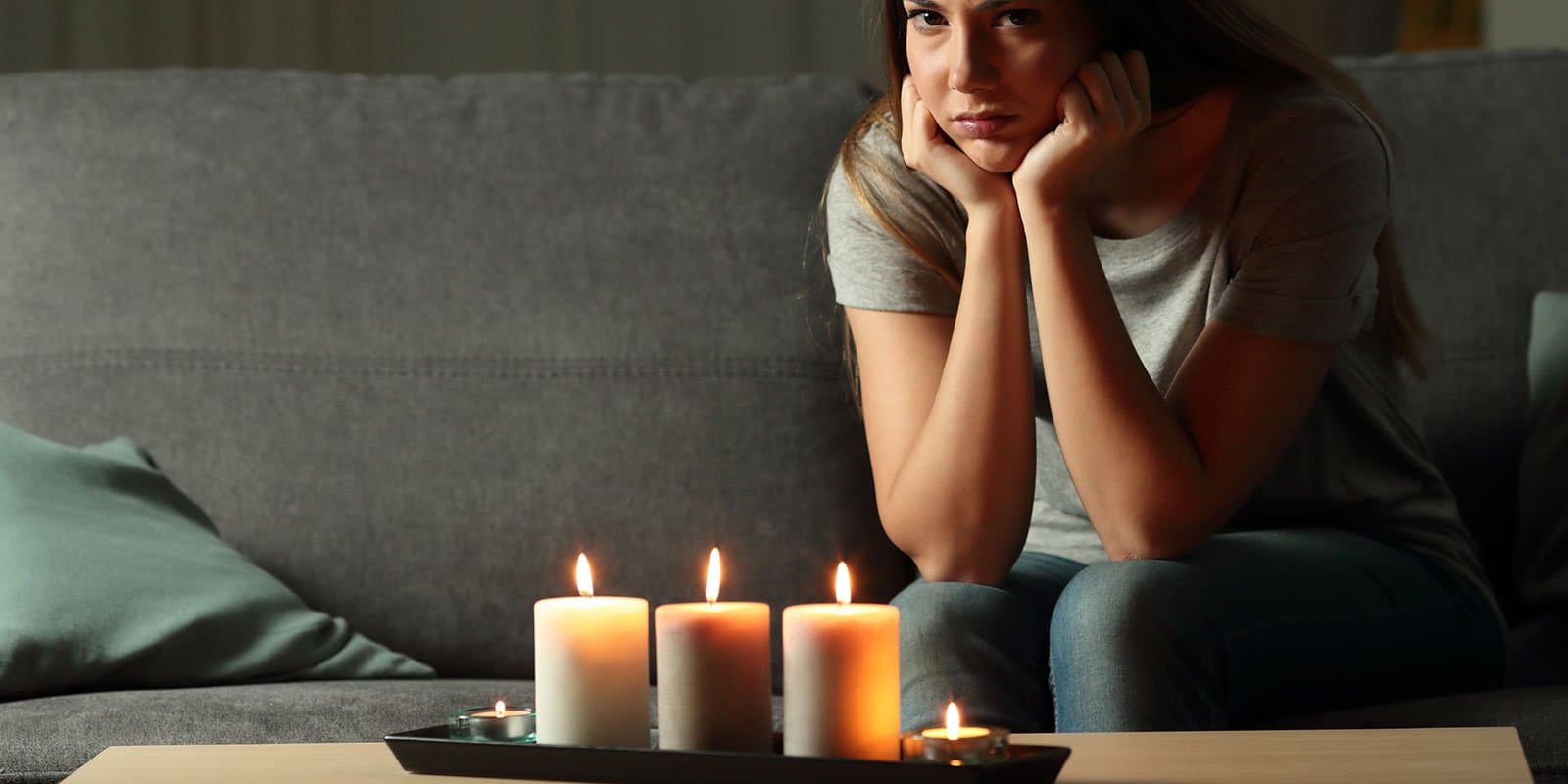
For Venezuela plunged in darkness, survival is cash only
The power struggle between President Nicolás Maduro and opposition leader Juan Guaidó, has driven Venezuela's political crisis to its boiling point. Yet, the most pressing issue is not about politics but about the public's survival, as they desperately seek out water, food, cash and security as the widespread energy blackout drags on.
Blackouts aren't new in Venezuela, but few have been as long or as widespread as the one which began on March 7th, 2019, affecting at least 80% of the population. Now in its sixth day, Venezuelans are going to extreme lengths to survive.
Desperation has driven even law-abiding citizens to looting shops and collecting unclean water from ruptured pipes. Risking arrests and illnesses, cash-strapped locals facing this extensive electricity blackout have no other choice.
'Shops that were open only accepted cash, but the bank only allows small withdrawals and debit card payments aren’t possible because of the outage.'
Power blackouts also mean that banks and shops are unable to process electronic transactions. However, they are still able to process cash deposits and withdrawals, albeit on a small scale. Even with hyperinflation and shortages of every kind, Venezuela's demand for cash still skyrockets, as would any country's.
While the world watches as Maduro and Guaidó battle for power and argue over who is to blame for the blackout, the people are plunged in darkness and security forces seem to be enjoying too much freedom.
Being able to move around without leaving a trace is a privacy right too often taken for granted.
How easy would it be for military intelligence to trace a receipt at a store and connect someone to a looting there or a nearby demonstration? Suddenly, being able to conduct one's business privately without drawing attention to their movements is becomes an obvious safety measure.
Earlier this year, Human Rights Watch called out the military intelligence in Venezuela for abducting and torturing thousands of people without warrants since President Maduro took over after his mentor, President Hugo Chaves died.
Excerpt from Human Rights Watch
More than 12,800 people have been arrested since 2014 in connection with anti-government protests, according to Foro Penal. These include demonstrators, bystanders, and people taken from their homes without warrants. More than 7,500 have been conditionally released but remain subject to criminal prosecution. Since 2017, military courts have prosecuted more than 800 civilians, in violation of international human rights law.
'Venezuelans reached new levels of desperation Sunday as the country’s worst blackouts took their toll, gathering in larger numbers than usual at springs in the mountains of Caracas to collect water and scrounging for scarce cash to pay for food in the few shops that were open.'
How would a cashless society stand a chance if faced with a power-outage of this scale?
In neighbouring countries, near-worthless Bolivar banknotes are also helping Venezuelan immigrants get by.
Three million people, 10 percent of Venezuela's population fled their home country due to the humanitarian crisis. Entering into neighbouring countries with limited possessions, some immigrants have taken to selling near-worthless banknotes as upcycled origami.
Others have turned to the ancient tradition of oral storytelling, inspiring sympathy from listeners who kindly exchange donations in their currency for a token of a Venezuelan's story, a token in the form of a Bolivar banknote.
BOGOTA — Jorge Gutierrez leaps onto a packed bus in Colombia’s capital, proudly announcing that he comes bearing gifts from neighbouring Venezuela.
“Do you know what I can buy with this?” he says as the bus rumbles down a street in Bogota. “Absolutely nothing, gentlemen.”
He holds up a thick wad of bolivars– the nearly worthless currency of his crisis-wracked homeland — and then asks for A small donation in exchange for each 100-bolivar note.
Read full National Post article here
Related
The Associated Press: Venezuelans in despair as blackout intensifies food, water, cash shortages
CARACAS, Venezuela — Venezuelans reached new levels of desperation Sunday as the country’s worst blackouts took their toll, gathering in larger numbers than usual at springs in the mountains of Caracas to collect water and scrounging for scarce cash to pay for food in the few shops that were open.
BBC Videos: Venezuelan crisis: Running out of food, power and cash in blackout
Each hour that passes without power in Venezuela brings more havoc and stress to a country already on edge. The blackout has lasted several days and with poverty levels already high and 40C heat, how is the country coping?
